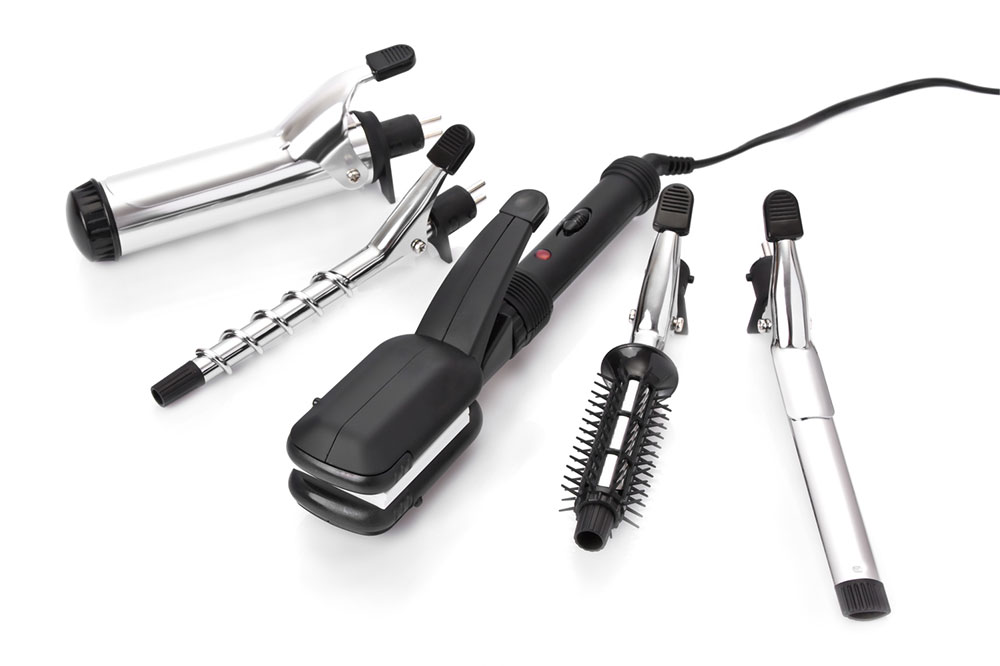9 key signs of inadequate dental practices

Dental health plays a significant role in one’s overall health, and finding a trustworthy dentist is crucial for maintaining it. But, like in any profession, there may be variations in the quality of service dental practitioners provide. Knowing what to look for in a dental provider can help ensure one receives the best possible treatment and care. Here are a few warning signs that may indicate subpar dental services and ways to avoid such pitfalls.
Lack of proper qualifications
One of the first warning signs of bad dental practices is the dentist’s lack of proper qualifications. Patients should verify a dentist’s credentials before scheduling an appointment. Dentists must complete extensive education and training to earn their degrees, so ensure the dentist is licensed and accredited. Additionally, research their educational background and any certifications they may hold.
Unsatisfactory communication skills
Effective communication between the dentist and the patient is vital for understanding treatment options and making informed decisions. A dentist with inadequate dental practices may exhibit poor communication skills, failing to adequately explain procedures, treatment plans, and potential risks. Patients should feel comfortable asking questions and discussing concerns with the dentist, so if one notices a lack of transparency or understanding, it may be time to consider a different practitioner.
Rushed appointments
Another warning sign is when a dentist rushes through appointments, spending minimal time with patients. This behavior can lead to misdiagnosis and incomplete treatments. A good dentist should take the time to conduct thorough examinations, listen to the patient’s concerns, and provide personalized care. It may indicate inferior dental care service if one feels like the appointments are consistently rushed.
Overemphasis on profit
Poor dental practices also include recommendations of unnecessary procedures or pushing costly treatments for minor issues. Patients should be cautious if they feel pressured to undergo expensive treatments without explaining their benefits. When faced with such circumstances, seeking a second opinion can be helpful.
Poor sterilization practices
Infection control and proper sterilization are paramount in dental offices to prevent the spread of diseases. A dentist who seems to cut corners regarding cleanliness exposes patients to significant health risks. Patients should observe the hygiene practices in the office, ensuring that instruments and surfaces are properly sanitized.
High staff turnover
A high staff turnover rate can indicate a problematic dental practice. Frequent personnel changes may imply management issues, lack of professionalism, or employee dissatisfaction. A stable and experienced staff is essential for delivering consistent and quality care.
Bad reviews
When researching a potential dentist, pay close attention to their online presence and reviews. Poor dental practices often have negative feedback from dissatisfied patients. Look for consistent complaints about issues such as painful procedures, rude staff, or unexpected billing surprises. A poor online reputation can be a red flag indicating poor dental care.
Unknown dentist
Choosing a dentist who is well-regarded within the local community is essential. If one asks around and nobody is familiar with or has had any experience with the dentist one is considering, it could indicate a lack of trustworthiness. A reputable dentist should have a network of satisfied patients and positive word-of-mouth referrals, reassuring of their expertise and reliability.
Frequent X-rays
While X-rays are a crucial tool in dentistry, an excessive number can be a warning sign. One should be aware of any frequent or unnecessary X-ray recommendations that increase billing without clear justification. Be cautious if the dentist prioritizes imaging over a comprehensive examination.
Tips to avoid pitfalls
To avoid falling into the traps of bad dental practices, patients can take the following proactive steps:
- Research and ask for recommendations: Seek referrals from friends, family members, or trusted healthcare professionals to find a reputable dentist.
- Check credentials: Verify the dentist’s credentials, licenses, and certifications with relevant authorities and professional organizations.
- Schedule a consultation: Before committing to any treatment, schedule an initial consultation to assess the dentist’s communication skills, treatment approach, and office environment.
- Ask questions: Feel free to ask about the treatment plan, costs, and alternatives. A good dentist will provide clear and honest answers.
- Seek a second opinion: If one has doubts or concerns about a recommended treatment, consult another dentist for a second opinion.
- Observe cleanliness: Pay attention to the cleanliness and hygiene of the dental office, including the sterilization of instruments and the overall tidiness.









